Meet The Women Fighting For You
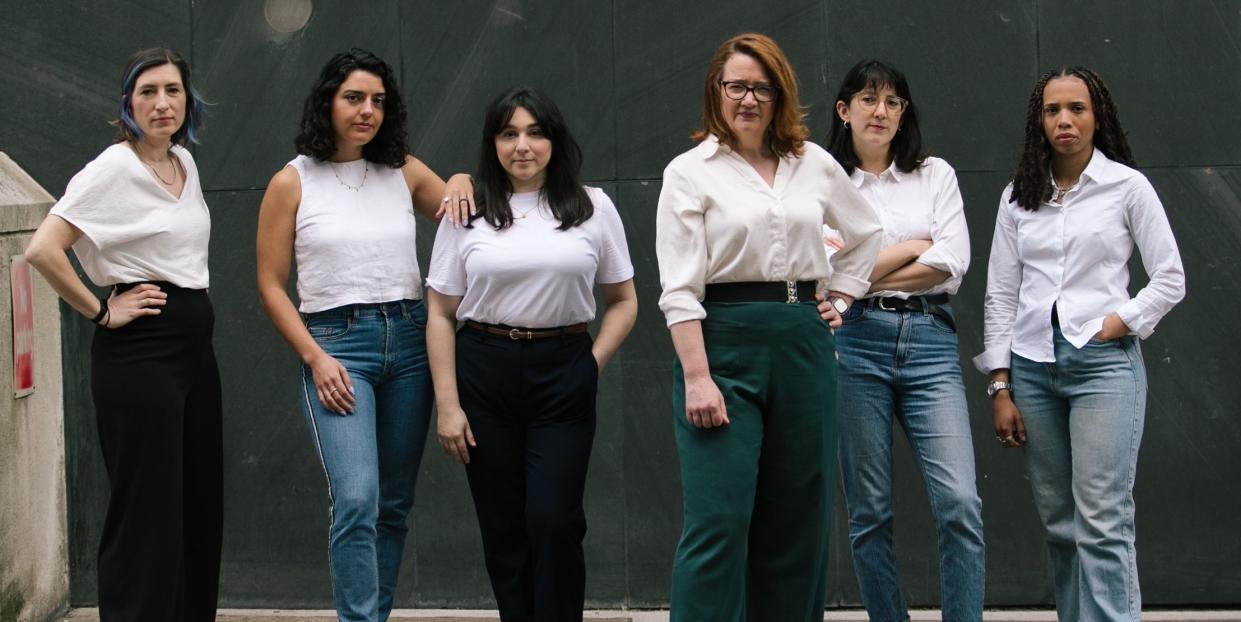
Constance Markievicz became the first woman elected to the House of Commons in 1918. Although it was a seat she never took – the Sinn Féin politician was in Holloway Prison at the time, and accepting didn’t align with the party’s abstentionist policy. Her advice to women looking to take part in revolutionary politics? ‘Dress suitably in short skirts and strong boots, leave your jewels and gold wands in the bank, and buy a revolver.’
Fortunately, women no longer need to own a firearm to participate in our political system. But there’s plenty about modern society that would, sadly, be familiar to Markievicz – such as the fact that women are still paid less than men and bear the brunt of caring responsibilities and household labour. The good news is that there are female collectives and groups channelling Markievicz’s century-old emancipatory spirit. As Westminster welcomes in a season of new faces, these campaigners are calling on politicians to reimagine a more equal world. Here, we celebrate four female-led organisations that will wield serious power in post-2024 election politics.
50:50 Parliament
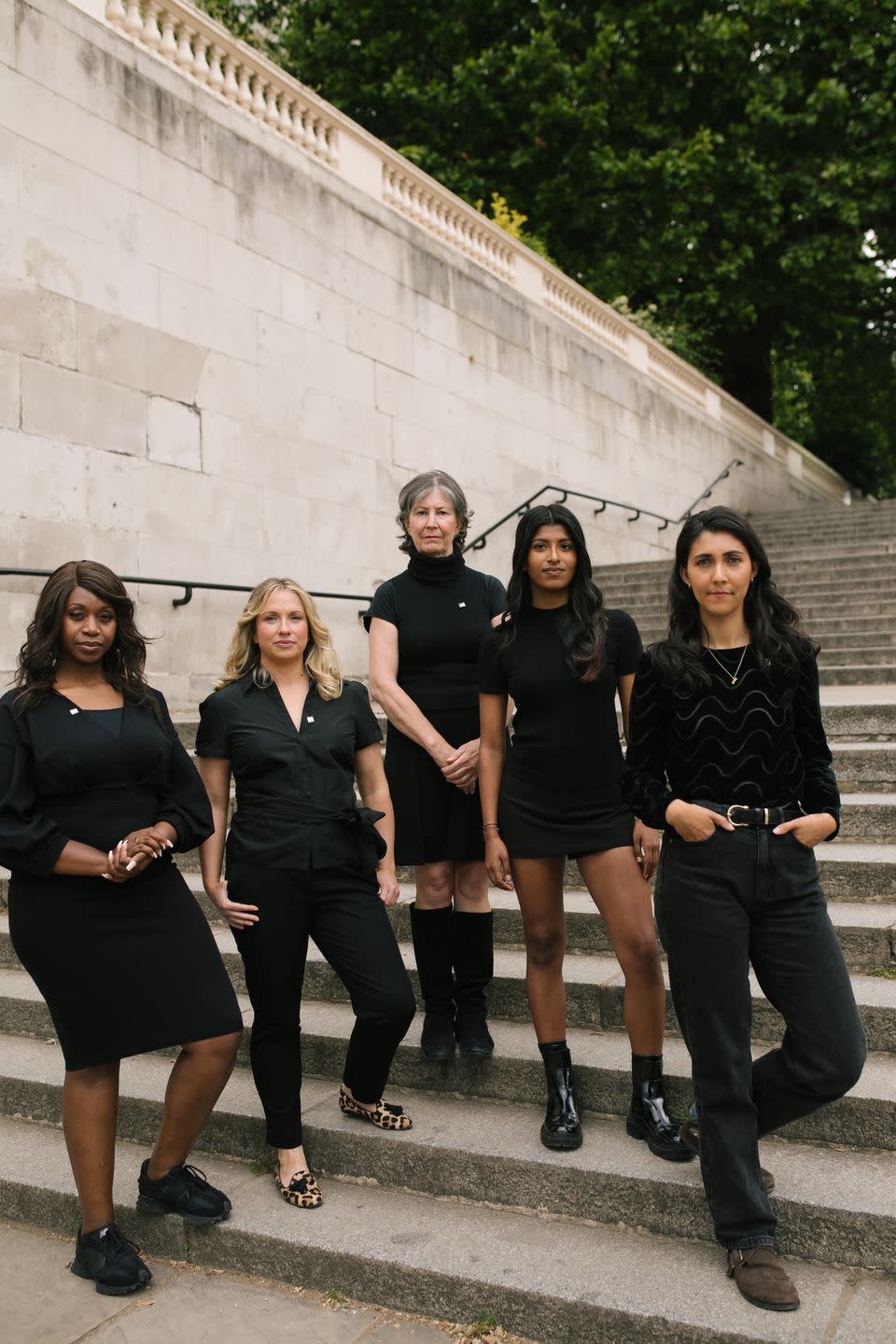
Women and girls might make up 51% of the population in the UK, but you’d be hard-pressed to know it judging from our parliament. In the last hundred or so years since women were able to stand, more than 5,000 MPs have been elected, but only hundreds out of those were female.
‘It’s just frustratingly slow, glacial progress,’ says Lyanne Nicholl, the CEO of 50:50 Parliament. The nonpartisan group has been highlighting this issue since 2013, when its founder Frances Scott started it as a petition calling on Westminster to improve its gender imbalance. ‘We’ve got four to five years with this next government to make sure that Parliament is fit for purpose, for recruiting and retaining the best talent from within the massive pool of talented women.’
The group has been hard at work funnelling more women into the parliamentary pipeline through its Sign Up to Stand and Ask Her to Stand campaigns. ‘A lot of women are already doing political work without realising it,’ Nicholl says. You might be a school governor or advocating for your local community, for example. ‘Helping these women realise they can stand for elected office is really important.’
More than 3,000 women have signed up to enter politics. This year, 50:50 supported 200 local-election candidates and 98 general-election candidates, almost doubling their numbers from 2019. Alumni include former energy secretary Claire Coutinho and ex-education secretary Gillian Keegan, and Nicholl describes a strong cross-party sisterhood (‘an antidote to the old boys’ network’) of members who came up through the group.
There’s plenty more at stake for gender parity than doing it just because it’s the right thing to do. ‘There’s quite a lot of evidence that having more women in positions of power to shape policy has more positive benefits for women, but also more positive benefits for society as a whole.’ States where women hold more political power, for instance, are less likely to go to war. Their peace processes are more effective. They prioritise issues such as healthcare and welfare, which makes for a more caring society, according to a King’s College London report.
But Britain has yet to experience any of this – although if Nicholl gets her way, we’ll have achieved it by 2030. ‘We don’t know what good 50:50 representation could do for our society,’ she says, when asked what keeps her organisation motivated. ‘How good can it get? How much better? How can we improve? We’ve never had the chance to try this. It could be transformational.’
Foxglove
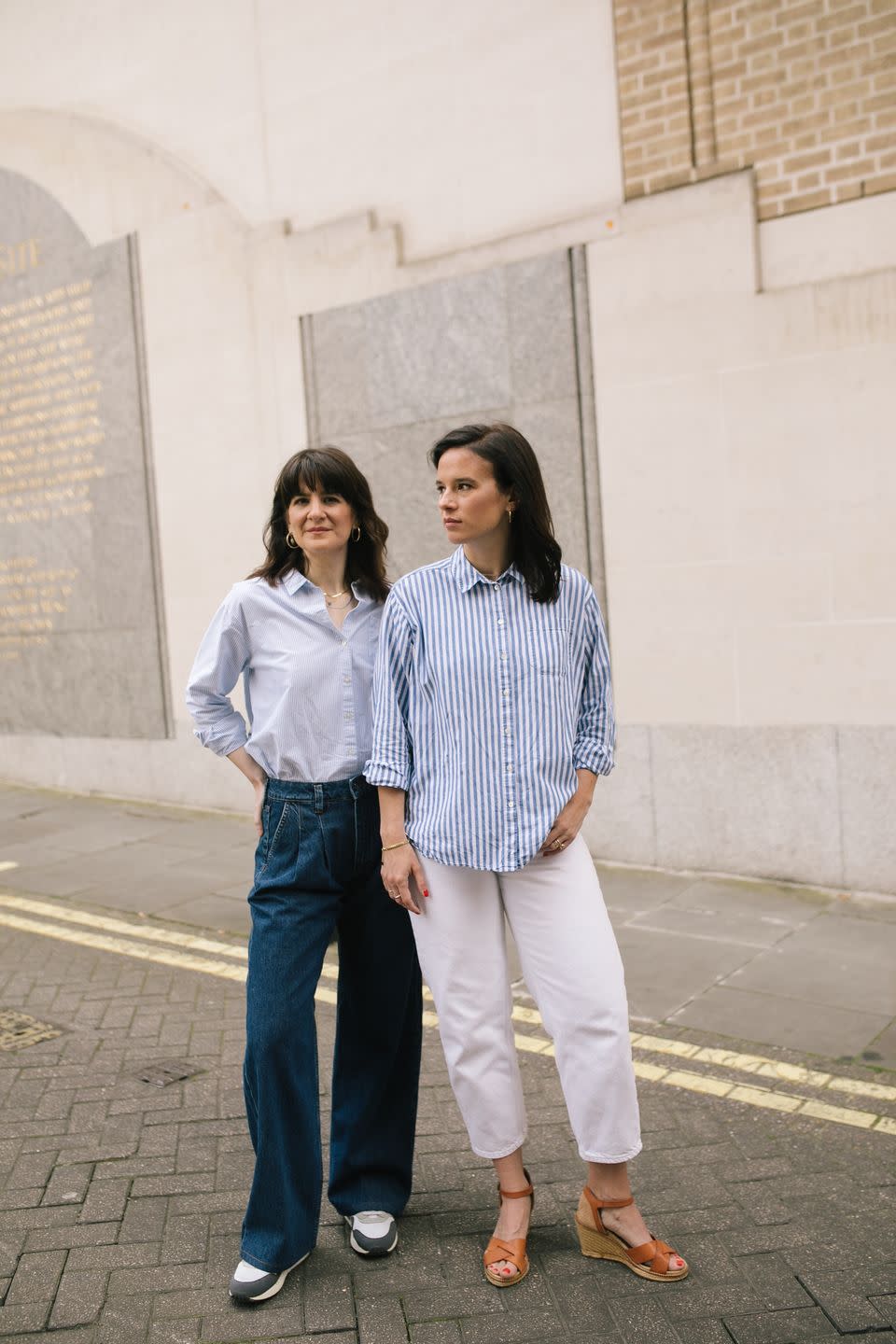
When you look at the stack of Amazon boxes piling up in your hallway, what do you see? Convenience and ease, or an invisible mountain of labour that delivered your purchase under gruelling conditions?
The latter is what Foxglove, a litigation and campaigning nonprofit, spots first. ‘When big tech companies abuse their power or their workers, we bring legal cases against them. When governments, particularly the UK government, use technology or mass data systems in ways that oppress or exclude or discriminate, we sue to make that right,’ says co-founder and human-rights campaigner Martha Dark.
In the past five years, these lawyers and tech experts have challenged the use of a racist Home Office visa system that subjected migrants from certain countries to greater scrutiny, and forced the government to U-turn on a disastrous A-level algorithm that downgraded thousands of students during the pandemic. Right now, they’re helping Amazon workers in Coventry take on their employer’s union-busting tactics, which includes a ‘one-click’ QR code that automatically sends an email cancelling their GMB membership. (An Amazon spokesperson previously told The Guardian: ‘Our employees have the choice of whether or not to join a union. They always have.’)
Five years ago, Dark, along with fellow co-founders Rosa Curling and Cori Crider, started the group around a kitchen table after realising that governments and big companies were using tech to ride roughshod over everyone’s rights. Now they are a team of 10, partnering with trade unions, lawyers and other groups around the world to confront some of the most egregious abuses of tech in the courtroom. And there will be no shortage of challenges – not with the continued dominance of Big Tech and the rising threat of AI.
‘We are focused on the ways tech companies are consolidating and exerting their power,’ says Curling, who’s a lawyer. ‘They are globally extracting data and profit from nations and people to whom they do not answer – and the worst off in the bargain are often their workers.’
Foxglove’s radical proposition is that society needs to start valuing the humans behind the algorithm. ‘If you have workers at the centre of the picture,’ Dark adds, ‘the world starts to be imagined in a different, much healthier way – for all of us.’
Women’s Budget Group
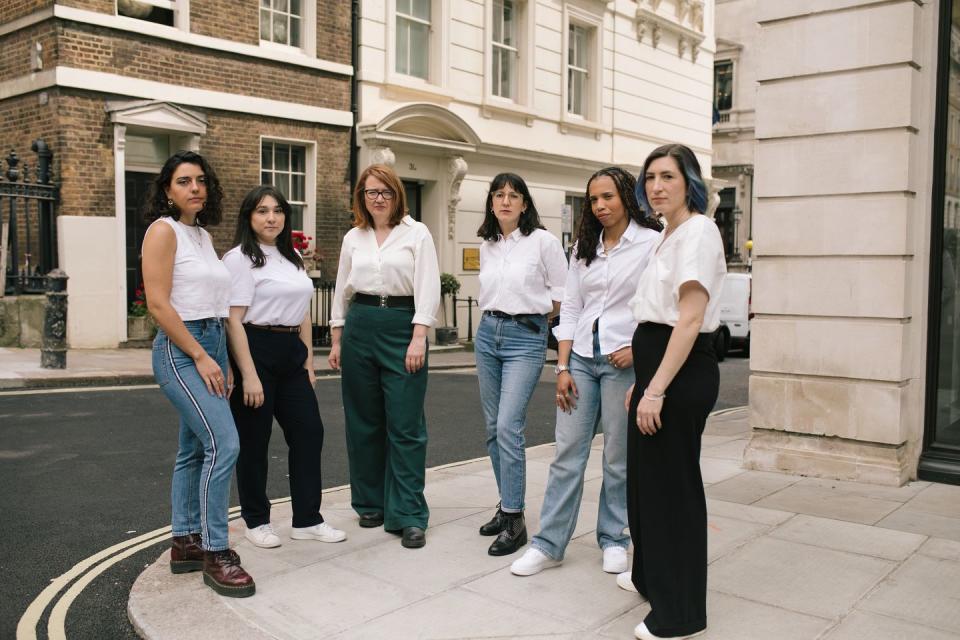
You might think of economics as the dull sister of the social sciences, but the study of money, markets and macroeconomic forces is more relevant to your life than you think. ‘How is money raised? How is it spent? What happens if the Bank of England puts up interest rates – how does that affect women differently to men?’ These are questions that Mary-Ann Stephenson and her team of economists wrestle with at the Women’s Budget Group.
The first – and only – feminist economics think tank in the UK analyses the impact of government policy on different genders. ‘It’s an approach that recognises that women and men are differently situated in the economy, because women do about 50% more unpaid work than men,’ Stephenson explains. That mainly comes down to care work, such as looking after children or relatives. ‘They have less time to do paid work, which is why women earn less, own less and are more likely to be poor.’
The reason for applying a female-first lens to the economy is simple. ‘If you don’t do it, you end up with policies that don’t work for half the population.’ Stephenson raises the example of the ‘sticky floors’ conundrum, where women get stuck in lower-paid work because of their caring responsibilities. ‘If you want to tackle in-work poverty, you can’t just increase the minimum wage, because lots of women earn more than the minimum wage per hour, but they’re not working full-time.’
Founded in 1989 by academics, trade unionists and members of civil-society groups, the Women’s Budget Group went from sending letters to the Chancellor (‘sometimes it got picked up, sometimes it didn’t’) to speaking directly with ministers, putting forward their own proposals and consulting on policy. During the pandemic, the think tank was instrumental in persuading Number 10 that people could be furloughed for childcare reasons.
‘We also see our role as providing the numbers for other organisations,’ Stephenson adds. ‘Lots of women’s organisations focus on campaigning and delivering services – they don’t necessarily have the resources to do the research work that we do.’ But they work for the public, too. Say you work in a local organisation and you want to know how many young carers are in your local authority, the Women’s Budget Group won’t just help you find that data, they’ll teach you how to analyse it in one of their training courses. ‘Change only happens when people work for it – I believe that people working together can make a difference,’ Stephenson says. The numbers, after all, stack up in their favour.
Young Women’s Trust
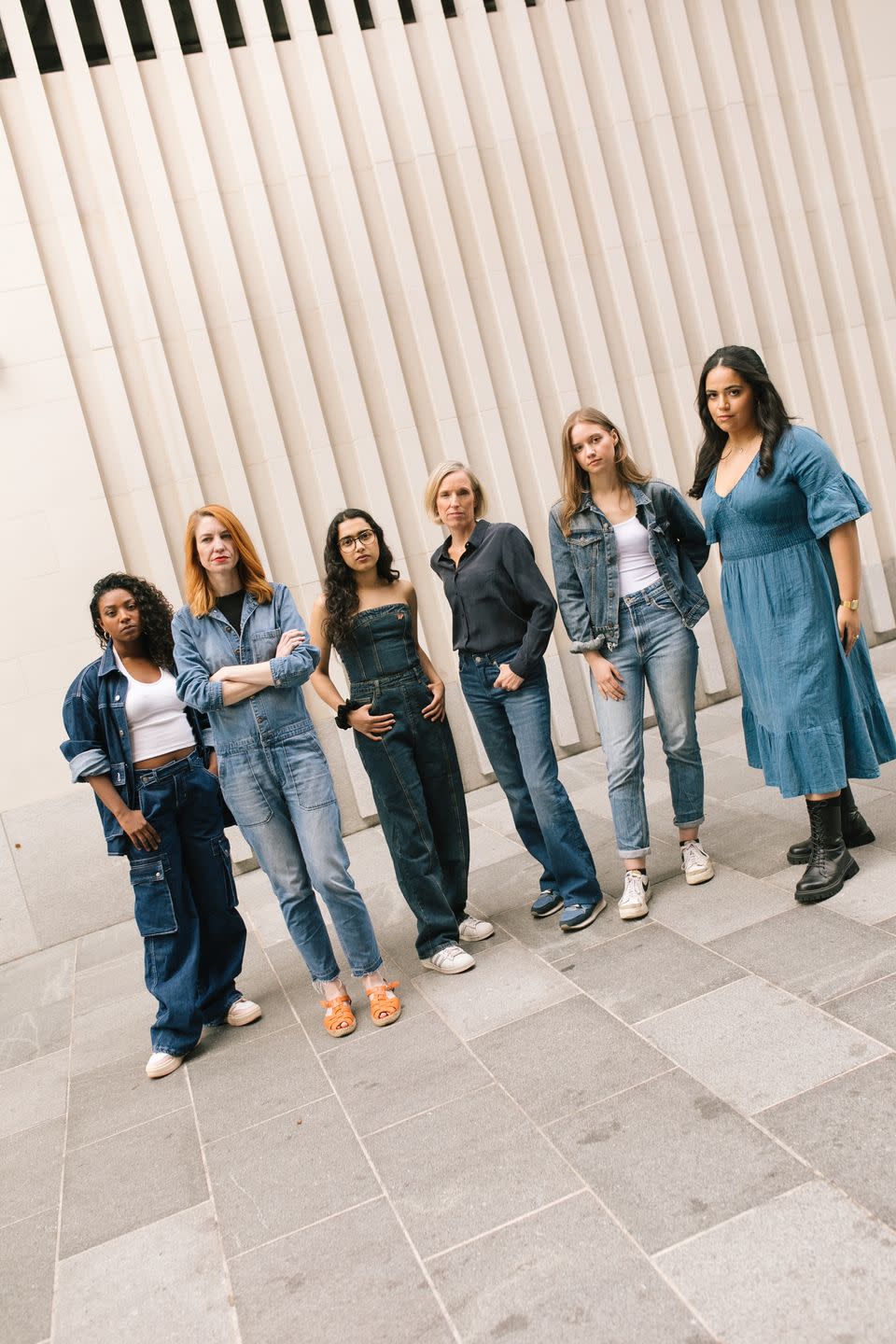
At the grand old age of 169, the Young Women’s Trust is one of the oldest charities of its kind in the UK – but the problems it tackles are perennial. ‘There are more than nine million young women in this country,’ CEO Claire Reindorp tells me, ‘and a million of them are on low pay.’ Founded to champion 18-to-30-year-old women, the organisation produces research to illuminate their lives in the workplace and brings together a thousands-strong network that supports their members, builds their self-belief and campaigns for their interests.
One commonly heard refrain is that young women are now doing better than boys – and while that is true, that isn’t the whole picture. ‘In this country, they do better at university than young men,’ Reindorp agrees. ‘But in your 20s, that advantage is lost. By the time you get to 30, women who’ve got degrees are not earning more than men without.’ In fact, the average young woman takes home a fifth less than her male counterpart every year, which roughly works out to about £4,000 a year. ‘Some people think gender equality is done – we know that it really isn’t,’ Reindorp adds. According to a 2024 report by Now: Pensions, that income gap creates a gulf in wealth so large that you’d need to start saving at three years old to retire with the same amount of money as a man.
Advocating for women at the very start of their careers could mean the difference between an old age spent counting pennies in poverty or kicking back in a Tenerife holiday home. To that end, the Young Women’s Trust offers practical help. Volunteers help thousands with their CVs every year, and so far it has supported 22,000 young women with one-on-one sessions with qualified professional coaches who help them with career advice and job applications. But it’s the network’s young members who often help each other the most, Reindorp shares. ‘I’m now a woman in my 50s,’ she says. ‘When I see the young women we’re working with – the way they lift each other up, share their anxieties, their challenges, their stories of resilience – it’s courageous.’
In the run-up to the general election, the trust asked their community of members to create a manifesto for change. At the top of the list: fair and equal pay, which includes salary transparency and creating a world of work that values young women’s labour. Who could disagree with that?
ELLE Collective is a new community of fashion, beauty and culture lovers. For access to exclusive content, events, inspiring advice from our Editors and industry experts, as well the opportunity to meet designers, thought-leaders and stylists, become a member today HERE.
You Might Also Like


